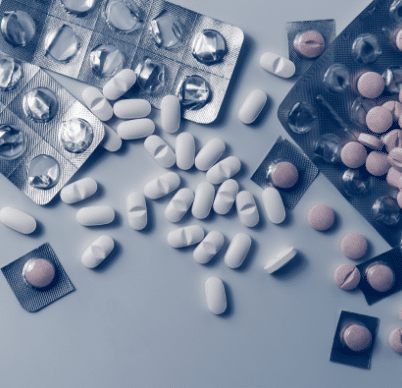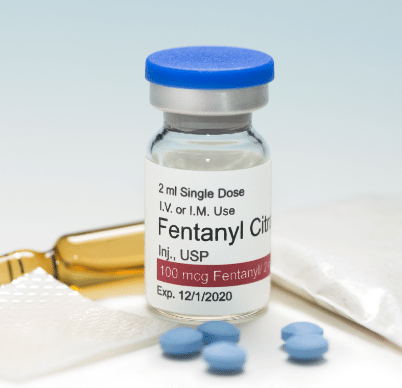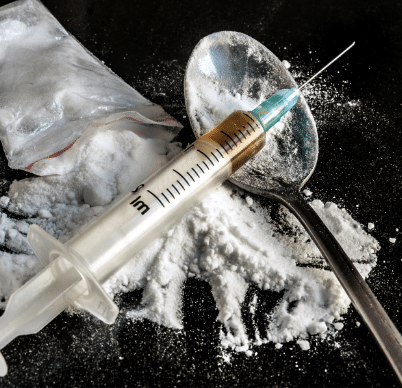It may seem that there is nowhere to turn when you need opiate treatment. The addiction has a hold over you, and you may have tried to stop, but the cravings were too great. It’s difficult to confront addictions on your own. That isn’t a personal failing; it’s just that the drug is strong, and as a human being, there is only so much one can do alone. With Fusion Recovery, you’ll benefit from our opiate treatment and support approaches that have been proven effective. Plus, our board-certified addiction doctors and licensed therapists offer the compassion you need to embrace your recovery and look forward to enjoying your life again.
Our addiction treatment centers (eight New York locations) offer a unique, evidence-based approach to outpatient medical substance abuse treatment, outpatient alcohol treatment programs, medication-assisted treatment, and clinical treatment. Our involvement in the community also lends a higher client-centered focus, where the desire to maintain a productive, sober lifestyle becomes the core focus of both our clients and our staff.
At Fusion Recovery Center, we’re committed to your recovery. We are dedicated to providing that in a safe and comfortable environment. Read on about specific opiate treatment and call us for help. Call 1.866.261.7454
The rise of the opioid epidemic.
Prescribed to treat chronic pain, opioids, and opiates are among the most addictive substances. Between 1999 and 2019, nearly 500,000 people have died from an overdose involving opioids, both prescription and illegal. The rise in deaths from opioids began in the 1990s with an increase in opioid prescriptions. Following that wave, in 2010, the country saw a rapid rise in heroin overdoses. Finally, in 2013, there was a huge increase in overdoses from fentanyl. Fentanyl can be manufactured illegally and mixed with other drugs. The potential for addiction and overdose is high.
COMMON OPIOIDS

Prescriptions
Prescription opioids include oxycodone, hydrocodone, and morphine. These opioids are prescribed to treat moderate to severe chronic pain. When taken for long periods, these painkillers have a high risk of addiction.

Fentanyl
Fentanyl is a synthetic opioid used to treat and manage pain, mainly in advanced cancer patients. While doctors prescribe fentanyl, it is also illegally made and distributed. Fentanyl overdose has been on the rise across the nation.

Heroin
Heroin is a powerful opiate with a rapid, euphoric effect on the body. Heroin is an illegal, highly addictive opioid sold on the streets. In the United States, nearly 40 people per day die from a heroin overdose.
Detox And Medication-Assisted Treatment For Opioid Addiction.
While detox does not treat addiction, it is an important first step in your treatment and recovery. In most cases, substance abuse treatment centers require detox before you can begin treatment. Opioids are a substance that requires medical detox. It’s best to detox in an environment with medical staff, therapy, and supporting treatment. Once you complete a medical detox program, you can begin rehab and start your journey to recovery.
At Fusion Recovery, we aim to reduce fatalities, provide effective treatment, and make recovery as smooth as possible. We understand that one of the challenges of recovery is relapse. We want to provide all the tools to effectively prevent relapse, and medication-assisted treatment is one of those tools.

Medication-assisted treatment, or MAT, is using medications n combination with evidence-based therapies. MAT is clinically effective in treating opioid use disorders. MAT is part of a comprehensive treatment plan that aims to decrease overdose, increase treatment retention, reduce drug use, and improve survival rates. While MAT is not a cure for substance use disorder, it is effective in treating and managing withdrawal symptoms. Some may need MAT for a longer time as a part of maintenance treatment. The ultimate goal is to remove the dependence on all substances.
Under medical supervision, we administer medications such as suboxone or methadone to alleviate withdrawal symptoms and manage drug cravings. Understand the different medications available and how we use them to effectively treat addiction.

01.
Methadone Treatment
By attaching to the same brain receptors as opioids, methadone can reduce drug cravings and relieve the physical and psychological pain of withdrawal without producing an intense high. Methadone lessens the desire to use opioids.

02.
Suboxone Treatment
Suboxone is a semi-synthetic opioid that is effective in treating withdrawal symptoms for opioid use disorder. Suboxone helps reduce drug cravings and can counteract an active opioid overdose.

03.
Naltrexone Treatment
Naltrexone is a long-acting opioid-blocking agent. It works by blocking the brain from the euphoric effects of substances. Patients will begin taking Naltrexone after detox, which can be a helpful part of a comprehensive treatment plan.
Treatment for opioid addiction.
Withdrawing from opioids can be scary and even dangerous. It is advised that you withdraw from opioids and opiates under medical supervision and with medical detox. Fusion Recovery treatment centers offer medical detox to help alleviate these symptoms. Once you have been stabilized through detox, you can begin our treatment program and start your recovery.
01.
Opioid Screening
When you arrive at Fusion Recovery, you will receive a full screening from our clinical team. This evaluation includes a full physical exam and questions about your history with addiction, family history, past treatment history, and current symptoms. This step helps us develop the proper treatment plan for you.
02.
Opioid Treatment
Treatment for opioid use disorder involves medical detox and sometimes medication-assisted treatment. During detox, you may be given methadone, suboxone, or naltrexone to help suppress cravings or alleviate withdrawal symptoms. Once you completely detox from opioids, your treatment and recovery can begin.
03.
Opioid Recovery
To maintain sobriety, it is important to receive continuous treatment and stay focused and dedicated to therapy. Our outpatient setting provides flexible options for treatment. Your sustained recovery is important to us, so we will make sure that your treatment plan works for you.
If you or a loved one are struggling with an opioid use disorder or addiction, you may need rehab for opioid addiction, and our treatment center is here to help. Contact us 24/7 with any questions or concerns. Our staff is here to help you during this difficult time.
Recovery is within your reach. Fusion Recovery is here to help you.
If you are ready to begin opiate treatment or have any questions regarding our New York addiction treatment centers, please do not hesitate to contact us.
Because every person is unique and because a combination of therapies, including counseling, medical treatment, personal growth, and lifestyle changes, increases the likelihood that a person will be able to overcome their addiction, Fusion Recovery provides a range of treatments to help you. Call us today and schedule an appointment with any of our eight New York area locations.

 / © 2026
/ © 2026
